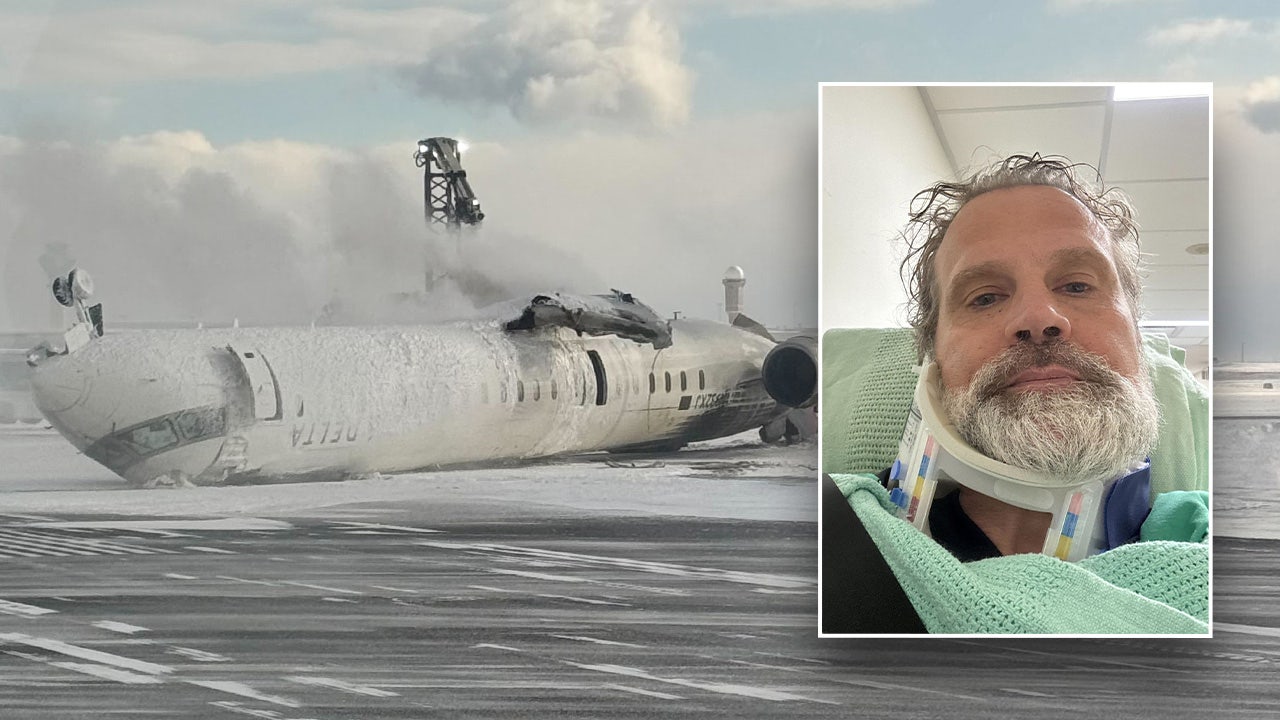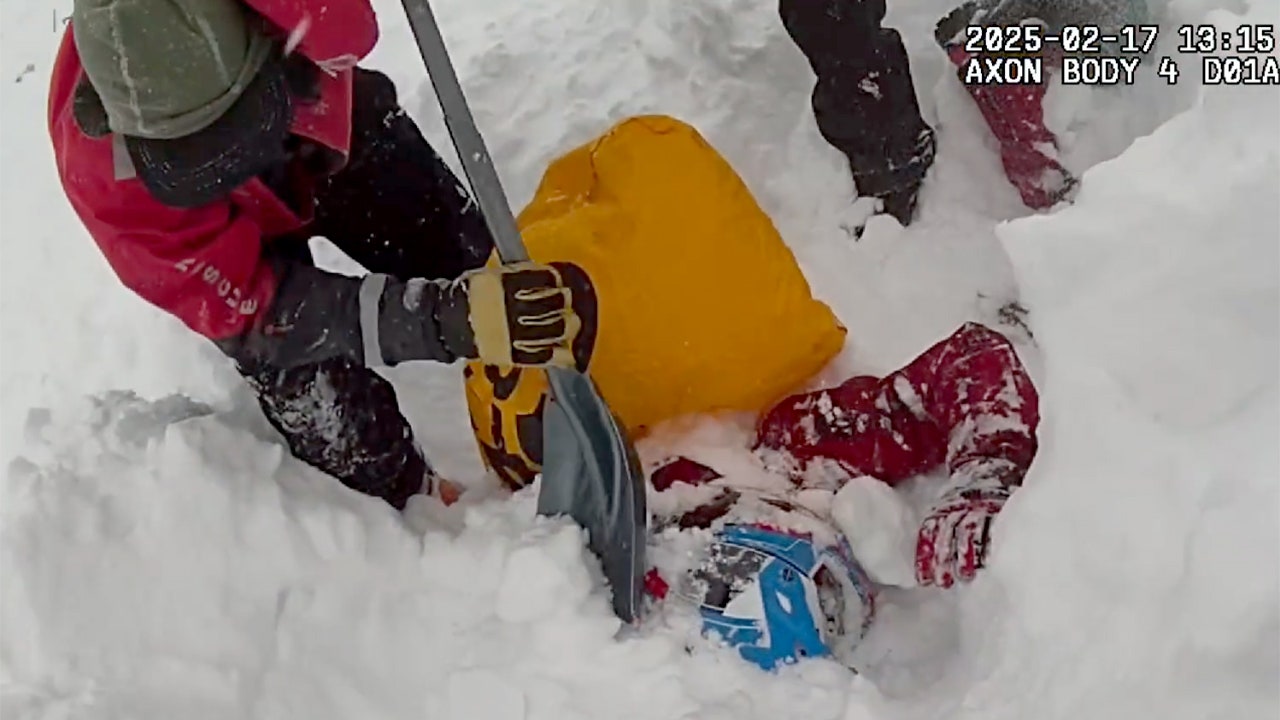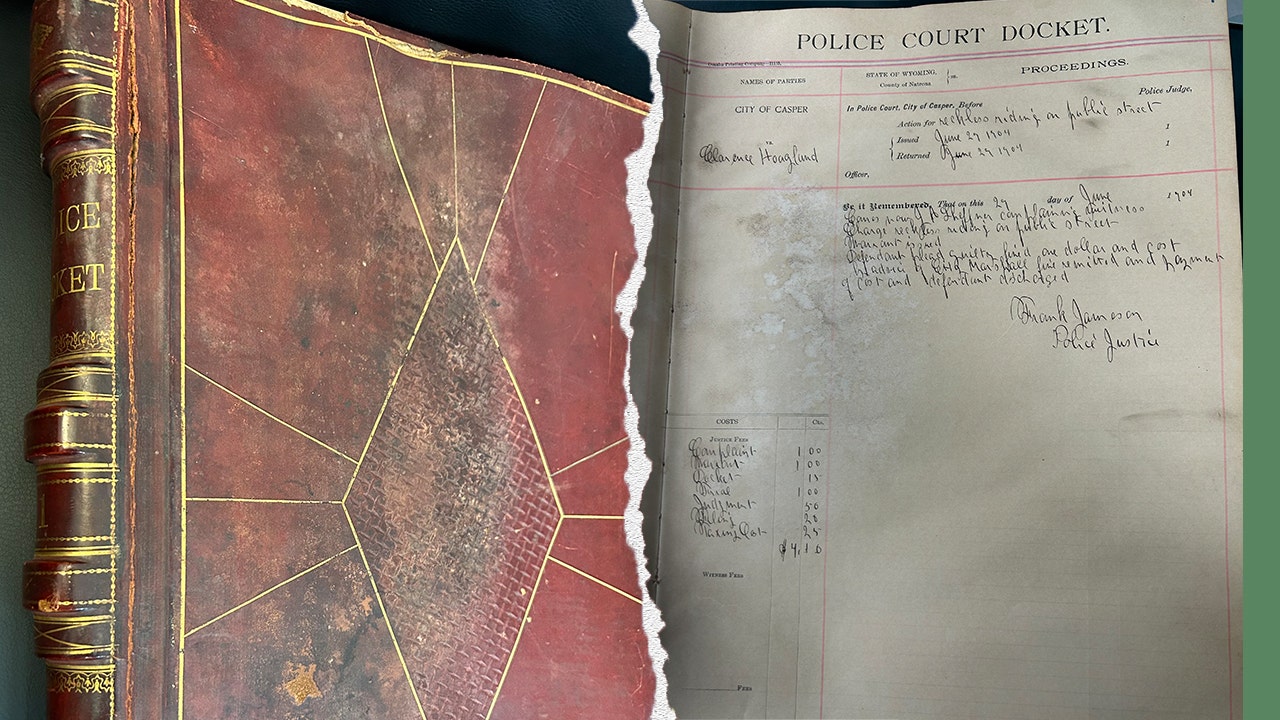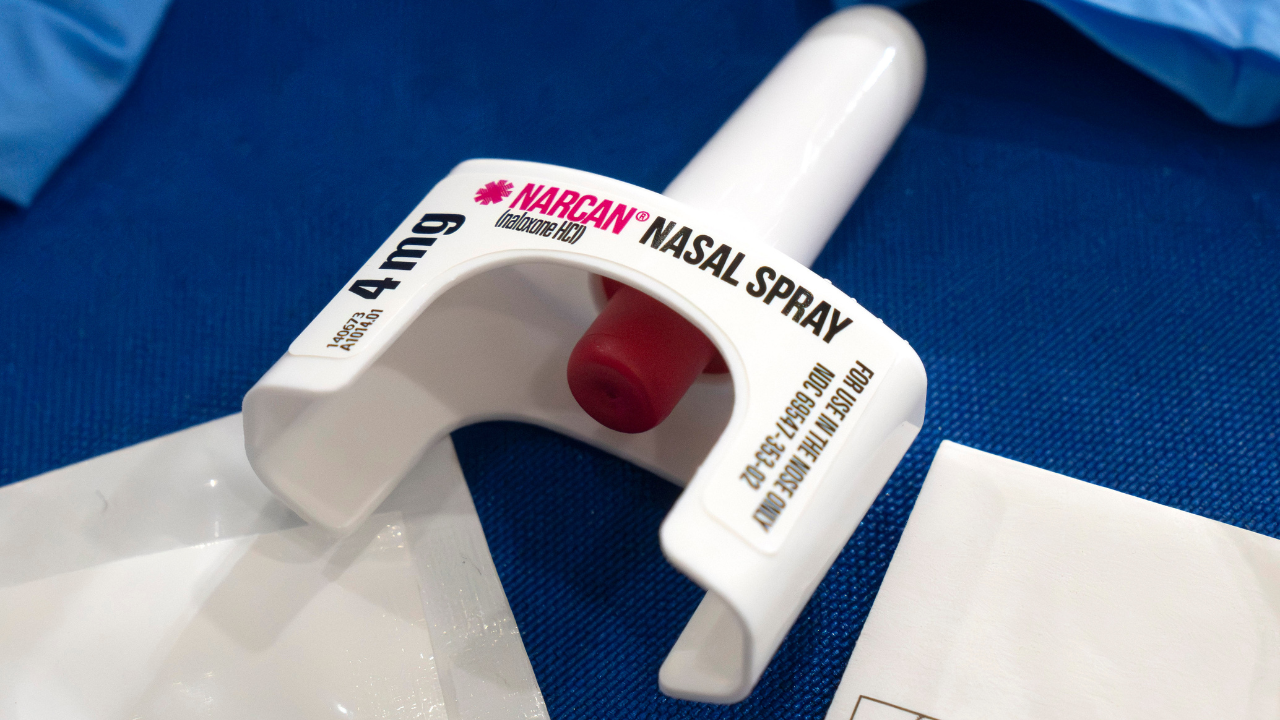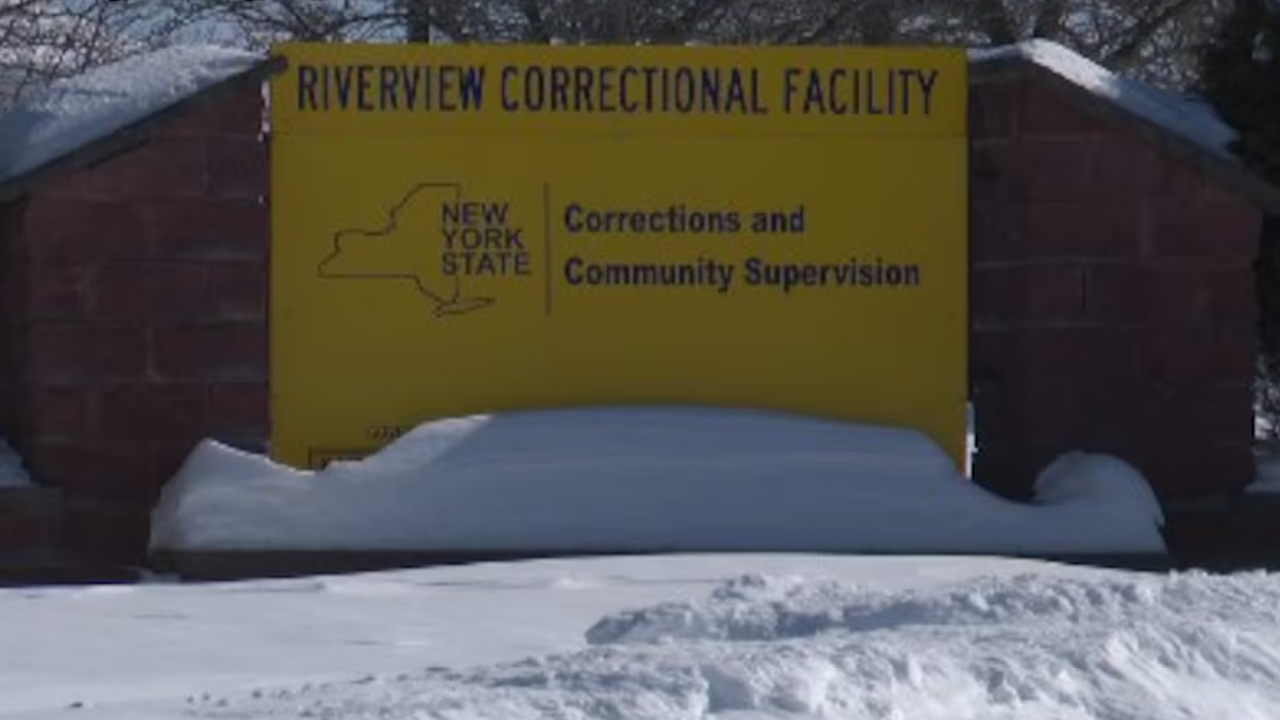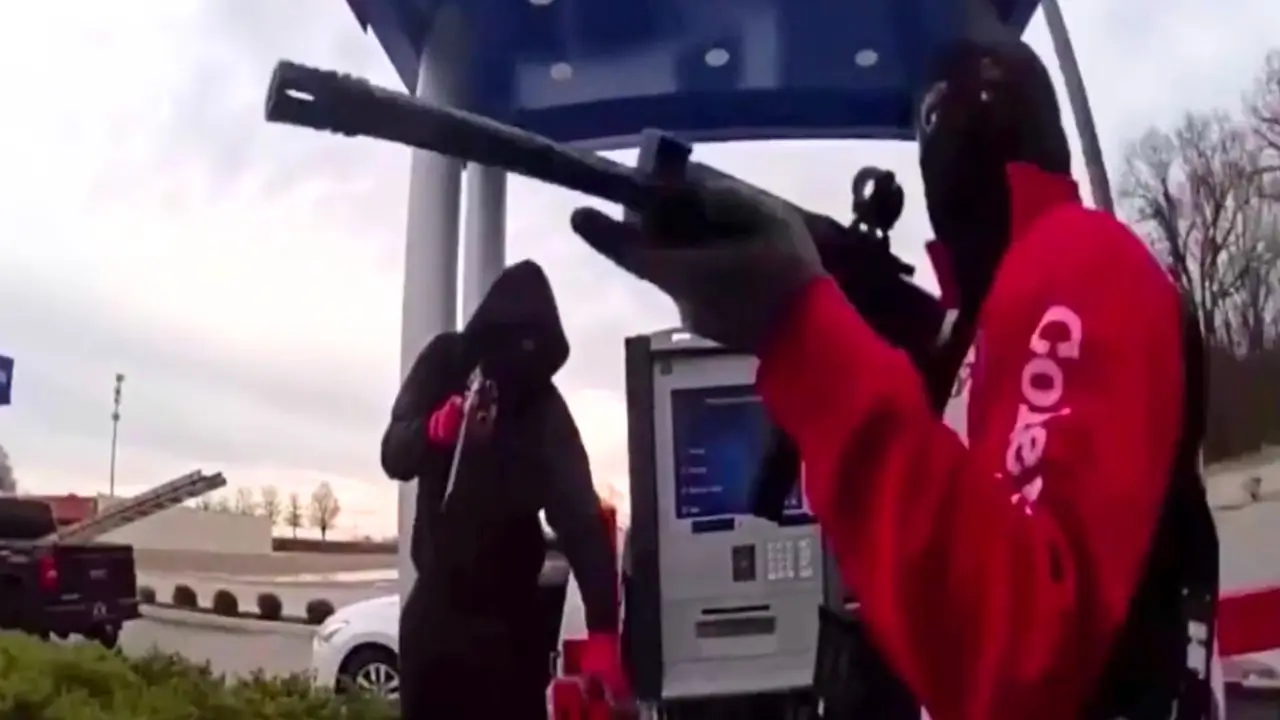Florida transit agency takes a proactive step in combating the opioid crisis by increasing accessibility of Narcan to reverse opioid overdoses. Their initiative focuses on equipping employees with the skills needed to respond effectively and compassionately to overdose situations.
Pinellas Suncoast Transit Authority Leads the Way
The Pinellas Suncoast Transit Authority (PSTA) prides itself on being the first transit agency in Florida to implement a Narcan training program for its employees. In addition to the four bus terminals, a Narcan kit is also now available at PSTA headquarters. This initiative showcases a commendable commitment to safeguarding the community.
Understanding the Stakes in Public Transport
This bold move emerges from the reality faced by PSTA, where a diverse and often vulnerable population relies on public transport daily. Eddie Kester, the supervisor overseeing safety and security training, emphasizes that many passengers might go unresponsive, whether due to a medical condition or an overdose. “Equipping our staff with the right tools ensures we can respond promptly and effectively when situations arise,” Kester shared with a sense of resolve.
His statement reflects a profound understanding of the critical role transit agencies play in community health, especially in areas like Pinellas County, where opioid-related fatalities have been rising since 2018. Each Narcan kit, strategically placed, signifies a lifeline for those in peril.
A Community on the Edge
Data from the Pinellas County Opioid Task Force reveals a troubling trend — a steady climb in the number of accidental overdose deaths. In this climate of urgency, Dan Zsido, a retired law enforcement lieutenant with extensive experience in narcotics, steps forward to train over a hundred PSTA employees on the effective use of Narcan, a nasal spray that could mean the difference between life and death.
“This little, tiny device with a very small amount of fluid can ultimately change lives,” Zsido reflects, encapsulating the significant impact of Narcan amidst ongoing struggles against addiction. Whether the cause of an overdose stems from prescription medications or illicit substances such as heroin and fentanyl, this crucial tool stands ready to intervene.
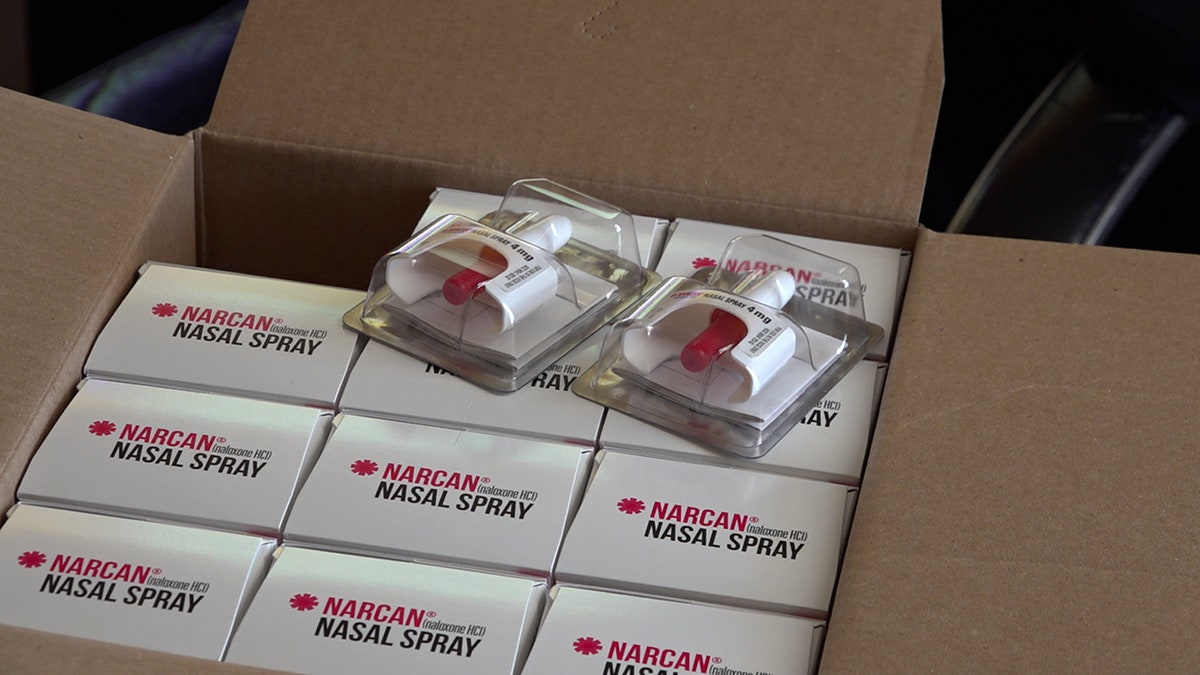
Awareness and Resource Accessibility
In preparation for International Overdose Awareness Day on August 31, PSTA has taken steps beyond merely installing Narcan kits. The agency aims to raise public awareness about these life-saving resources, ensuring that both staff and passengers know how to access the Narcan kits in emergencies. This level of preparedness indicates a genuine desire to foster safety and care within the community.
“Maybe we could be a pilot program for other counties,” Zsido suggested, hopeful that this initiative inspires similar action elsewhere. His words resonate with a vision of collective responsibility — reminding everyone that even small actions can lead to significant change.
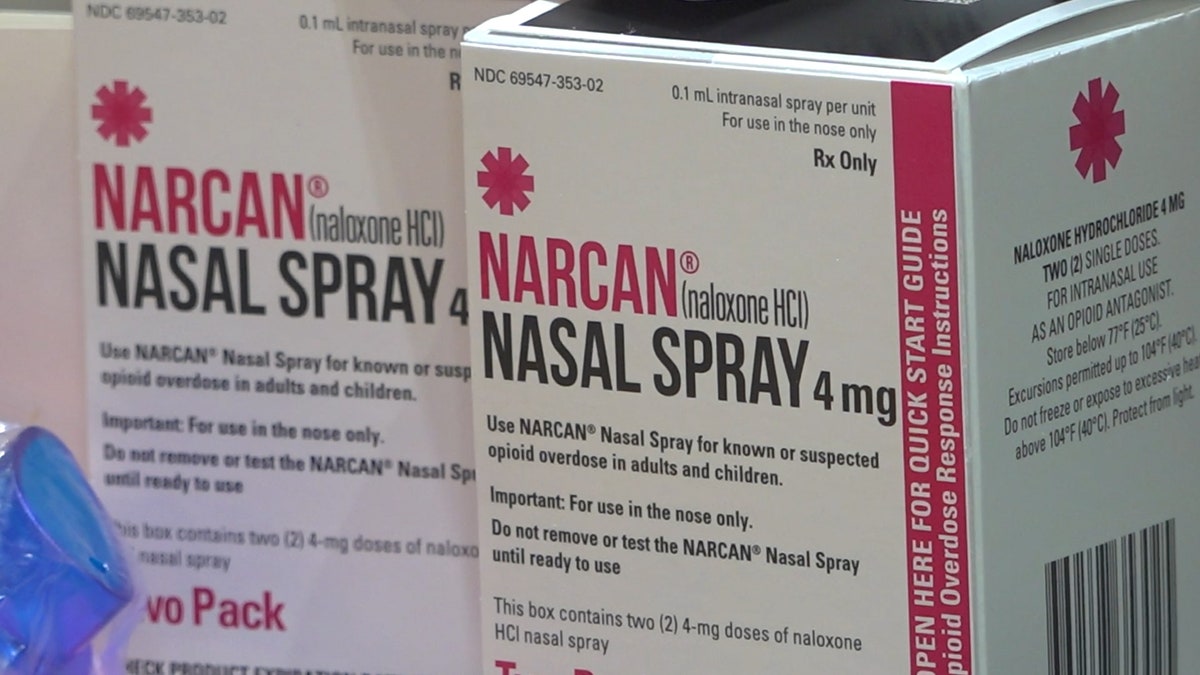
Ultimately, the goal is clear: expand the reach of Narcan, potentially placing kits on all buses, thereby transforming each transit vehicle into a safeguard for life. As PSTA takes these vital steps, they continue to reflect on their role not just in transportation, but in public safety—fostering a culture of health and support amid challenging circumstances.



